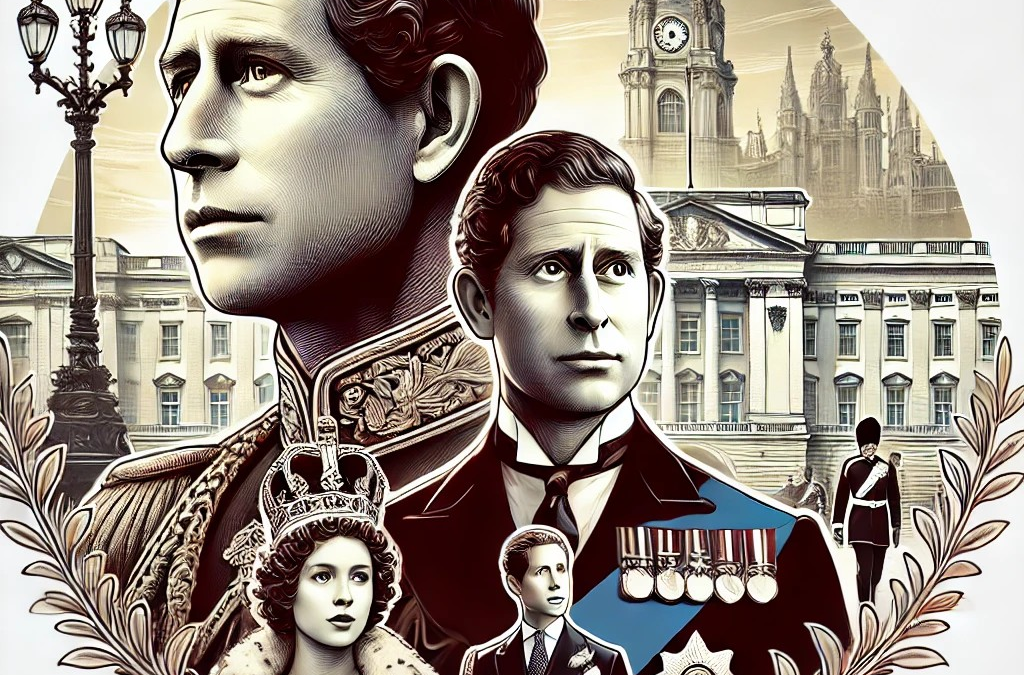Early Life and Royal Upbringing
For over seven decades, Prince Charles stood as Britain’s longest-serving heir to the throne before ascending as King Charles III. His life has been shaped by duty, tradition, and a deep commitment to causes such as environmental conservation and philanthropy. Let’s take a journey through his remarkable story.Born on November 14, 1948, at Buckingham Palace, Charles Philip Arthur George was the first child of Queen Elizabeth II and Prince Philip, Duke of Edinburgh. As the future king, his early years were filled with royal traditions, rigorous education, and extensive public exposure.
Educated at Gordonstoun School in Scotland, Charles later attended Trinity College, Cambridge, making history as the first British heir apparent to earn a university degree. His studies in archaeology, anthropology, and history prepared him for a lifetime of public service.
Royal Duties and Public Service
From an early age, Charles embraced his royal responsibilities. He undertook public engagements, supported charitable organizations, and became a prominent advocate for social and environmental issues. In 1976, he founded The Prince’s Trust, which has since helped millions of young people with education and employment opportunities.
His deep passion for sustainability led to initiatives promoting organic farming, climate change awareness, and conservation—long before they became global concerns. Charles’s commitment to a “greener future” remains one of his most defining contributions.
Marriage and Family Life
Prince Charles’s personal life has been widely followed by the public and media. In 1981, he married Lady Diana Spencer, a union that produced two sons—Prince William and Prince Harry. However, their highly publicized marriage ended in 1996, followed by Diana’s tragic passing in 1997.
Years later, Charles rekindled his relationship with Camilla Parker Bowles, whom he married in 2005. Their partnership has since been recognized as a testament to enduring love and companionship.

Ascension to the Throne
After Queen Elizabeth II’s passing on September 8, 2022, Prince Charles ascended to the throne as King Charles III. His reign signifies a modern yet deeply traditional continuation of the British monarchy. While embracing change, he remains devoted to public service, charity work, and uniting the Commonwealth nations.
Legacy and Future of the Monarchy
King Charles III’s legacy is already marked by his unwavering dedication to environmental conservation, cultural heritage, and humanitarian efforts. As monarch, he continues to navigate the evolving role of the British Royal Family in today’s world.
With Prince William next in line, the monarchy’s future is in capable hands. King Charles III’s influence will likely shape the institution for generations, leaving behind a reign defined by progress, tradition, and global responsibility.

